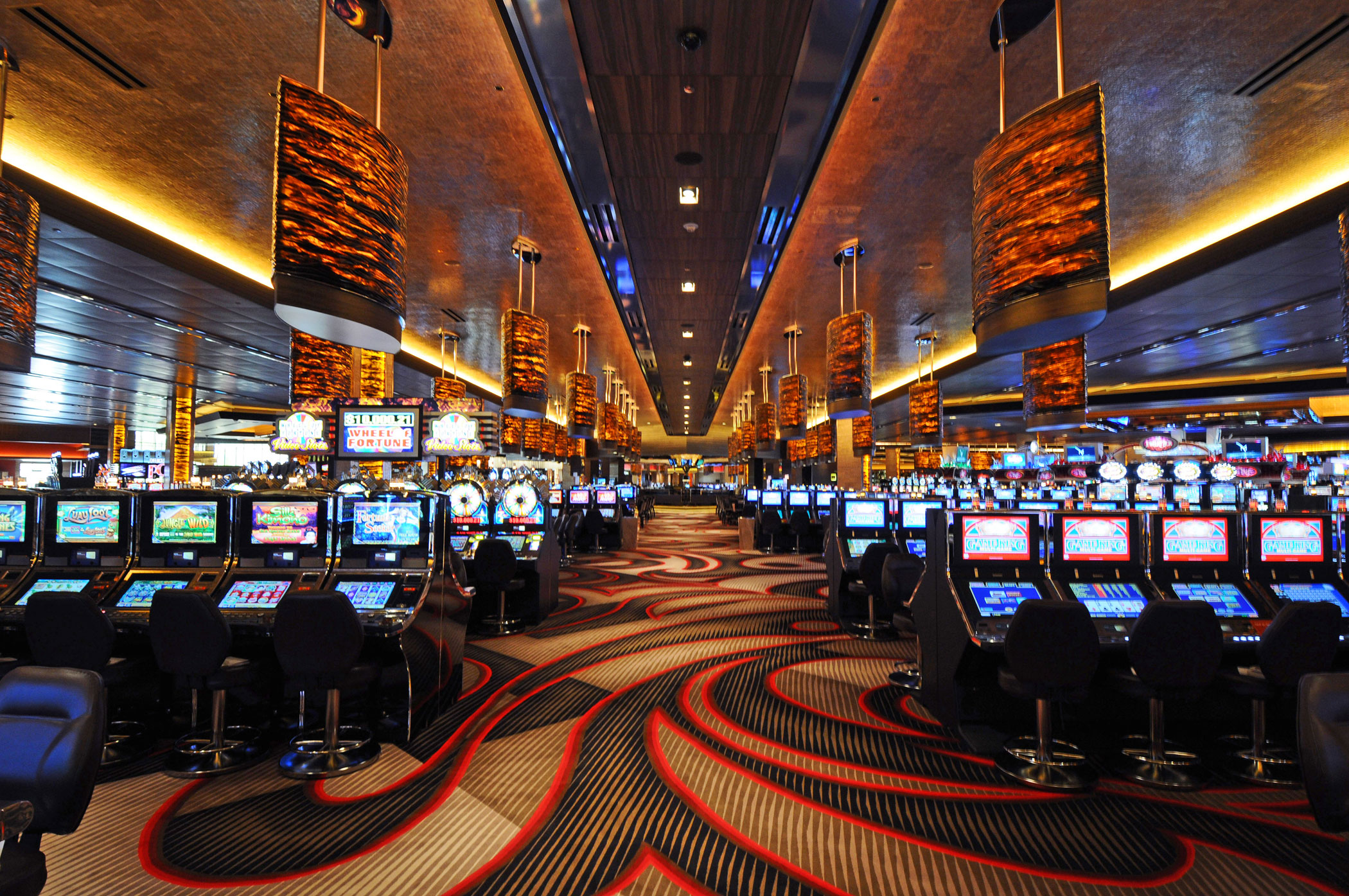
Casino entertainment have long been a staple in human culture, offering not just entertainment but a intriguing reflection of our aspirations, ambitions, and concerns. From the turning reels of a slot machine to the strategic gameplay of poker, these games embody a spectrum of human sentiments and experiences. At their core, casino games are more than a chance to win money; they are a snapshot of life itself, where risk versus reward intertwine and fate can change in an eye blink.
As players assemble around tables or sit in front of brightly lit machines, they take part in a ceremony that transcends mere betting. These games reflect our instinctive desires for connection, adventure, and the pursuit of luck. They also disclose deeper truths about human psychology, such as our relationship with fate and the thrill of the unknown. In exploring casino games, we reveal not only the nuances of play but also the rich tapestry of the human story, showcasing our interconnected narratives of aspiration and reality.
The Mind Behind Gambling
Gambling is intrinsically connected in human psychology, appealing to various emotions and desires. The thrill of taking risks is a fundamental aspect that draws players in, be it the excitement of spinning a roulette wheel or the excitement of drawing a winning hand in poker. This rush of adrenaline is often compared to other forms of excitement, as the unpredictability of outcomes triggers a distinct psychological response. Players often find themselves captivated by the chance of winning big, leading to an irresistible draw toward casino games.
Additionally, a crucial component of the psychology behind gambling is the concept of hope and ambition. Players often nourish dreams of financial freedom and the luxurious lifestyle that can follow winning. This optimism fuels their ongoing participation in casino games, as it provides a sense of purpose and the conviction that a life-changing win could be just one wager away. The story of beating the odds and finding success resonates with many, strengthening their dedication to play and involve themselves with these games.
Finally, social dynamics play a significant role in gambling psychology. Gambling venues are designed to promote social interaction, where players gather to share the experience of wins and losses. This communal aspect not only enhances enjoyment but also influences behavior, as individuals often mimic the actions of others around them. The social validation found in shared excitement can enhance the emotional experience, making casino games a mirror of not just personal desires but also collective engagement within the gambling community.
## The Dual Nature of Risk and Reward
Casino games embody the fragile balance between risk and gain that resonates profoundly with human nature. The thrill of placing a wager is often accompanied by a rush of adrenaline, as players are confronted with the prospect of striking it rich, yet fully aware of the risk to suffer losses. This dual experience reflects a essential aspect of life: the decisions we face often come with built-in risks, and the pursuit of reward can drive us to embrace risks we might not otherwise consider. Sunwin In this way, casino games reflect real-world decisions, enticing gamblers to risk not just their capital, but also their aspirations.
The allure of big prizes and payouts fuels a wave of hope, inspiring players to dream of a more promising future that could manifest from a fortunate turn of the wheel or turn of a card. This hope can compel individuals to engage in riskier behaviors, urging them to extend their limits in search of monetary success. However, just as in life, the consequences of these decisions can lead to both victory and loss. The stories of both jackpot winners and those who have faced losses everything at the casino demonstrate the random nature of luck and its impactful effect on our lives.
Ultimately, the experience of engaging with gambling activities serves as a potent reminder of the human condition. Every round played is filled with the tension of risk, as players weigh the gains against the risks. This interaction not only highlights the thrill that comes with gambling but also unveils the weaknesses that come with the desire for more. As we navigate the challenges of decision-making and results in both the gambling world and in life, we find that the search for benefit shapes our sense of self and journeys in profound ways.
Society and Isolation in Gambling Culture
Gambling culture is a special mix of social interaction and individual endeavor, reflecting the dualities of individual experience. Players often gather around tables, sharing in the excitement of the game, rejoicing in wins, and sympathizing over losses. This social aspect is essential, as it fosters a sense of belonging and camaraderie among diverse groups of people. Regular attendees to casinos may build friendships and establish routines, turning the gambling venue into a second home where they experience connected to a greater community of players.
However, the appeal of casino activities can also result to loneliness. As individuals become immersed in the excitement of gambling, they may withdraw from personal relationships or neglect to interact with the world outside the casino. For some, the pursuit of a jackpot can distract from genuine connections, leading to loneliness. The situation of being surrounded people yet experiencing solitary is not rare, as the focus shifts from shared enjoyment to the individual stakes of each individual’s path.
This interaction of community and solitude creates a rich tapestry that defines gaming culture. It highlights the complexity of social interactions, where happiness and despair coexist. Casinos serve as both a sanctuary for social interaction and a stage for individual challenges, demonstrating how deeply connected our yearning for companionship and the individual quest for wealth can be. In navigating this landscape, players confront their own narratives—seeking both the thrill of the wager and the companionship of fellow players, eventually reflecting the wider spectrum of human experience.